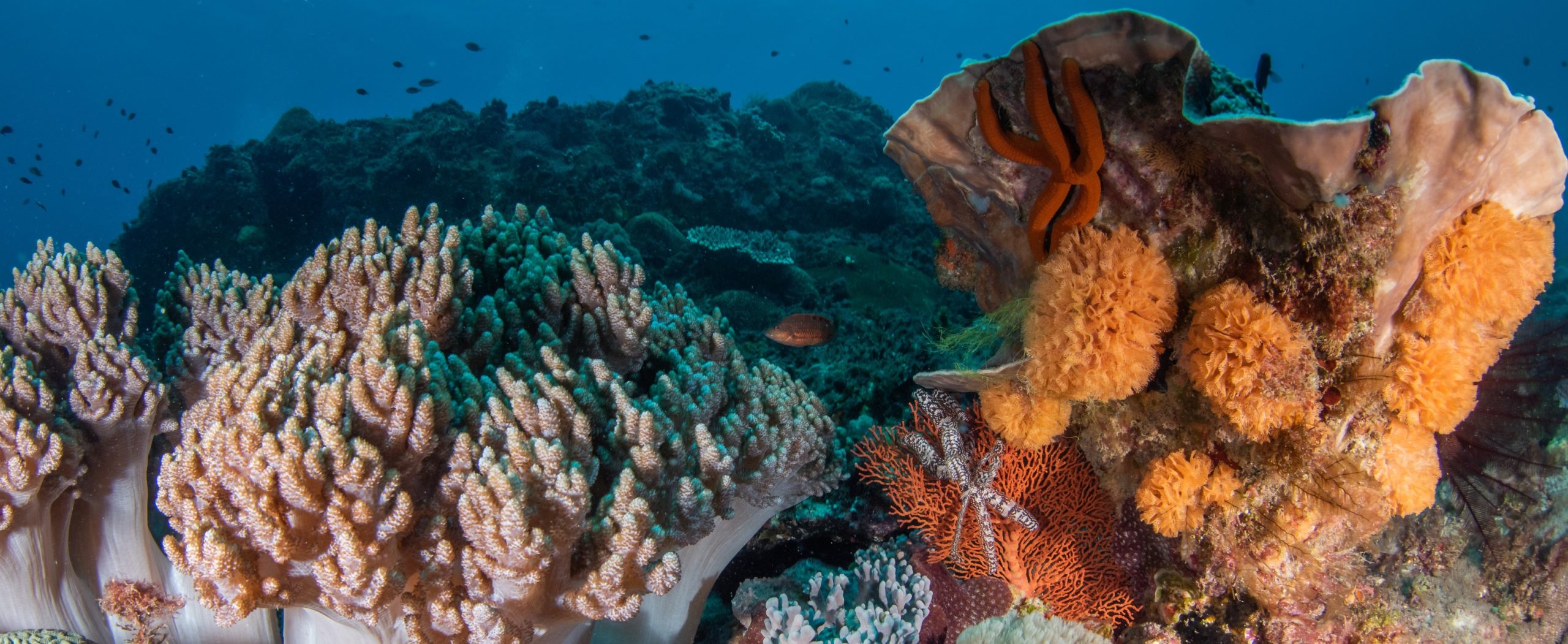Habitat reserves can promote ecological resilience to climate variability by supporting intact trophic webs and large-bodied individuals. Protection may also alter community responses to long-term climate change by offering habitat for range-shifting species. Here we analyse the species richness, diversity and functional traits of temperate reef fish communities over 20 years in a global warming hotspot and compare patterns in a marine reserve with nearby sites open to fishing. Species richness and diversity oscillated strongly on the decadal scale. Long-term warming signatures were also present as increasing functional trait richness and functional diversity, driven in part by a general increase in herbivores. Nevertheless, reserve sites were distinguished from fished
sites by displaying: greater stability in some aspects of biodiversity; recovery of large-bodied temperate species;
resistance to colonization by subtropical vagrants; and less pronounced increases in the community-averaged temperature affinity. We empirically demonstrate that protection from fishing has buffered fluctuations in biodiversity and provided resistance to the initial stages of tropicalization.
